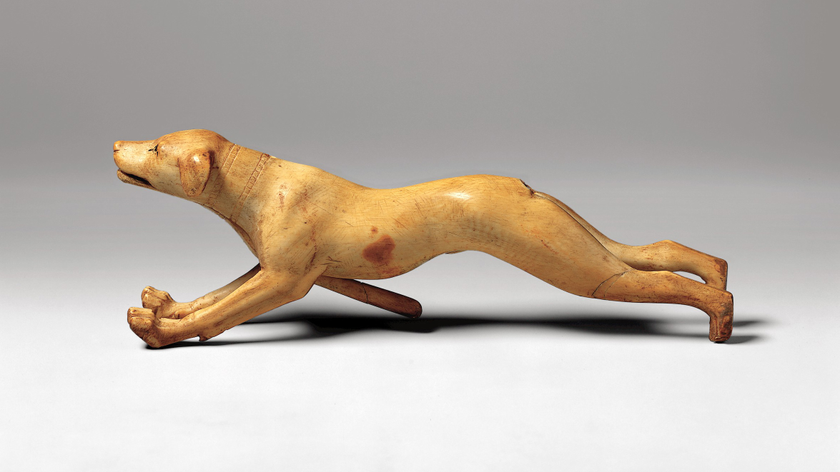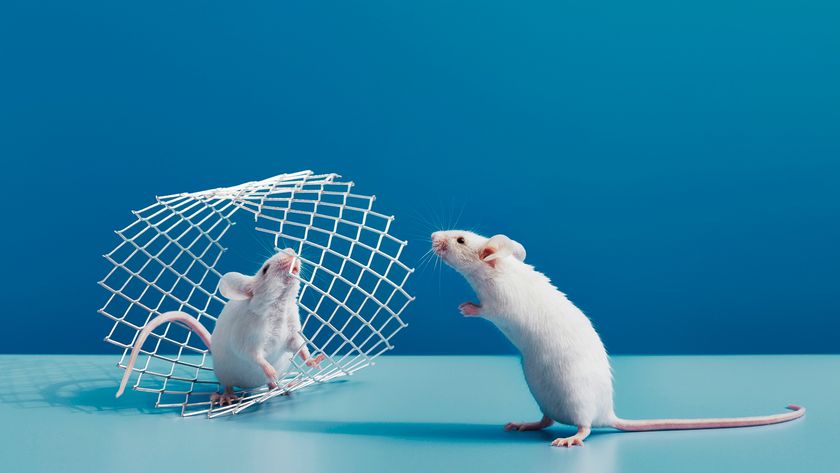Rich People Really Do Ignore You When They Walk By

Wealthy people appear to spend less time looking at other human beings, compared with how much time people in lower social classes look at others, according to a new study that used Google Glass headsets to track people's gazes.
The findings suggest that your social class influences how much other people grab your attention, the researchers said.
More research is needed to know why the wealthy may look less often at other people, the researchers noted. But one possible explanation may be that, for people in higher social classes, other human beings hold less "motivational relevance" — a psychology term that means how worthy of one's attention something or someone is, based on how much reward or threat might be linked with that object or person, the researchers said. [7 Things That Will Make You Happy]
Because the time people spend looking at something may be related to how much motivational relevance the object or person holds, the "findings make a compelling case that social classes differ in their judgments of other people's significance," the researchers wrote in their paper, published Oct. 3 in the journal Psychological Science.
In the study, the researchers asked 61 people to wear a Google Glass headset while walking around in New York City. Google Glass has a video camera near the right eye, and the device records video from the users' perspective. Participants were told to focus on whatever captured their attention.
In addition, the researchers asked the participants several questions, to gauge their social class — for example, whether they viewed themselves as belonging to the poor, the working class, the middle class, the upper-middle class or the upper class.
The researchers found that a person's social class wasn't related to the number of times he or she looked at other people, but it was related to how much total time the person spent looking at people. People who viewed themselves as belonging to a higher social class spent less time looking at others, compared with those who viewed themselves as belonging to a lower social class.
Sign up for the Live Science daily newsletter now
Get the world’s most fascinating discoveries delivered straight to your inbox.
Although Google Glass can show which way a person's head is turned, it doesn't show exactly where the person's eyes may be looking. So the researchers conducted a follow-up study in a laboratory using eye-tracking technology. The study recorded the eye movements of 76 participants as they looked at images of New York City street scenes.
Again, the researchers found that people in higher social classes spent less time looking at people in the images, compared with people in lower social classes.
Finally, the researchers wanted to determine whether the people were conscious of this behavior. So they had nearly 400 people look at images on a computer screen, with each image containing a single face along with five objects. The participants were asked to determine whether two consecutive images were identical, or whether there was a difference between them.
The results showed that people in higher social classes took longer to notice when a face changed, compared with people in lower social classes. This finding suggests that this effect is spontaneous, and that the people were not aware that they were choosing this behavior, the researchers said.
"This finding suggests that social class, like other forms of culture … can shape human cognitive functioning at a deep level," they said.
The reasons for the link are not clear, but one possibility is that people from privileged backgrounds are less dependent on others socially, so they are less likely to view other people as motivationally relevant, compared with people from less-privileged backgrounds, the researchers said.
"The more we know about the effect of social class differences, the better we can address widespread societal issues — this research is just one piece of the puzzle," study co-author Pia Dietze, a psychological scientist at New York University, said in a statement. The researchers plan to conduct more studies in other countries and using virtual-reality technology to better understand the link between social class and visual attention, they said.
Original article on Live Science.

Rachael is a Live Science contributor, and was a former channel editor and senior writer for Live Science between 2010 and 2022. She has a master's degree in journalism from New York University's Science, Health and Environmental Reporting Program. She also holds a B.S. in molecular biology and an M.S. in biology from the University of California, San Diego. Her work has appeared in Scienceline, The Washington Post and Scientific American.











